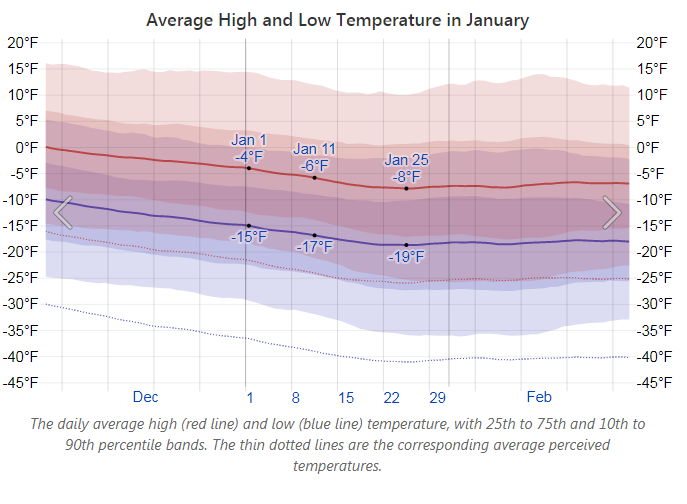We are thrilled to announce that, after much deliberation, a suitable site has been chosen for our first in-person National convention: Beautiful Utqiagvik, Alaska! 

This historic and close-knit burg lies just a few miles from Point Barrow on the idyllic Beaufort Sea. As it turns out, meeting space comes at a real discount in Utqiagvik, particularly during the off-season in late January. 

This will also be an invaluable opportunity to bring our whole-life message to an area where ASP organizing has been relatively sparse. 

Guests will be treated to the cultural riches of the North Slope region, including a traditional Inupiat delicacies like raw caribou and whale blubber, snowmobiling, ice fishing, and a guided sealing expedition (guests will be provided with their own club).
To make this an even more memorable occasion, we will be rolling out some exclusive ASP swag, such as our members-only Pelican anorak, great for those famously brisk Utqiagvik nights 

For those interested, we are also planning to host an ecumenical sunrise prayer service at 1 PM Sunday, followed by vespers at 2:15 PM.
The party welcomes your feedback as we plan for this exciting next step in the ASP’s history!
The party welcomes your feedback as we plan for this exciting next step in the ASP’s history!

• • •
Missing some Tweet in this thread? You can try to
force a refresh












